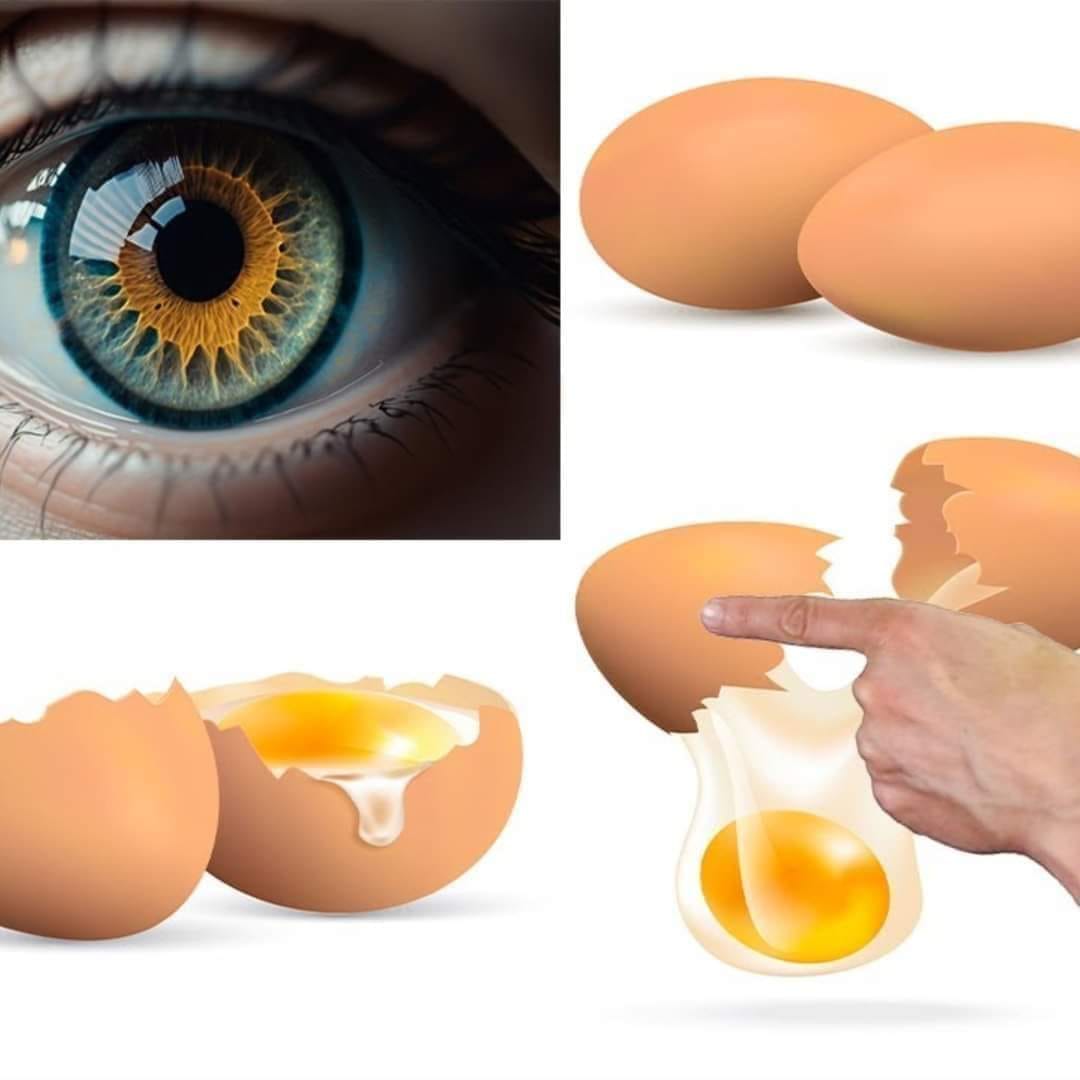Eggs are often hailed as a nutritional powerhouse, and one of their notable benefits is their positive impact on eye health. Packed with essential nutrients, eggs can play a significant role in maintaining and improving vision. Here’s a detailed look at how eggs contribute to eye health and why they should be included in your diet.
Key Nutrients in Eggs for Eye Health
- Lutein and Zeaxanthin
- What They Are: Lutein and zeaxanthin are carotenoids found in the retina of the eye. They are often referred to as “eye vitamins” because they help filter harmful high-energy blue wavelengths of light and protect the retina from oxidative damage.
- How They Help: By reducing the risk of macular degeneration and cataracts, lutein and zeaxanthin play a crucial role in maintaining sharp vision and overall eye health. Eggs are one of the best sources of these carotenoids, and their absorption is enhanced when consumed with dietary fat.
- Vitamin A
- What It Is: Vitamin A is a fat-soluble vitamin essential for maintaining healthy vision. It is converted into retinal, a component of rhodopsin, a protein in the eye that helps with low-light vision.
- How It Helps: Adequate vitamin A levels are crucial for preventing night blindness and maintaining the health of the cornea, the outermost layer of the eye. Eggs are a rich source of vitamin A, particularly in the form of retinol, which is easily absorbed by the body.
- Vitamin D
- What It Is: Vitamin D is another fat-soluble vitamin that plays a role in maintaining eye health, though its direct effects on vision are less well-known compared to vitamin A.
- How It Helps: Vitamin D has anti-inflammatory properties and may help reduce the risk of autoimmune eye diseases. Eggs provide a modest amount of vitamin D, contributing to overall health and wellness.
- Zinc
- What It Is: Zinc is a mineral that is essential for maintaining the health of the retina and preventing age-related macular degeneration (AMD).
- How It Helps: Zinc helps transport vitamin A from the liver to the retina, where it is used to produce melanin, a protective pigment in the eyes. Eggs contain zinc, which supports the prevention of vision problems and maintains overall eye health.
- Choline
- What It Is: Choline is a nutrient that supports brain health and liver function, but it also plays a role in maintaining cell membrane integrity, including in the eyes.
- How It Helps: Choline contributes to proper retinal function and overall eye health. Eggs are an excellent source of choline, which supports various physiological processes including eye health.
